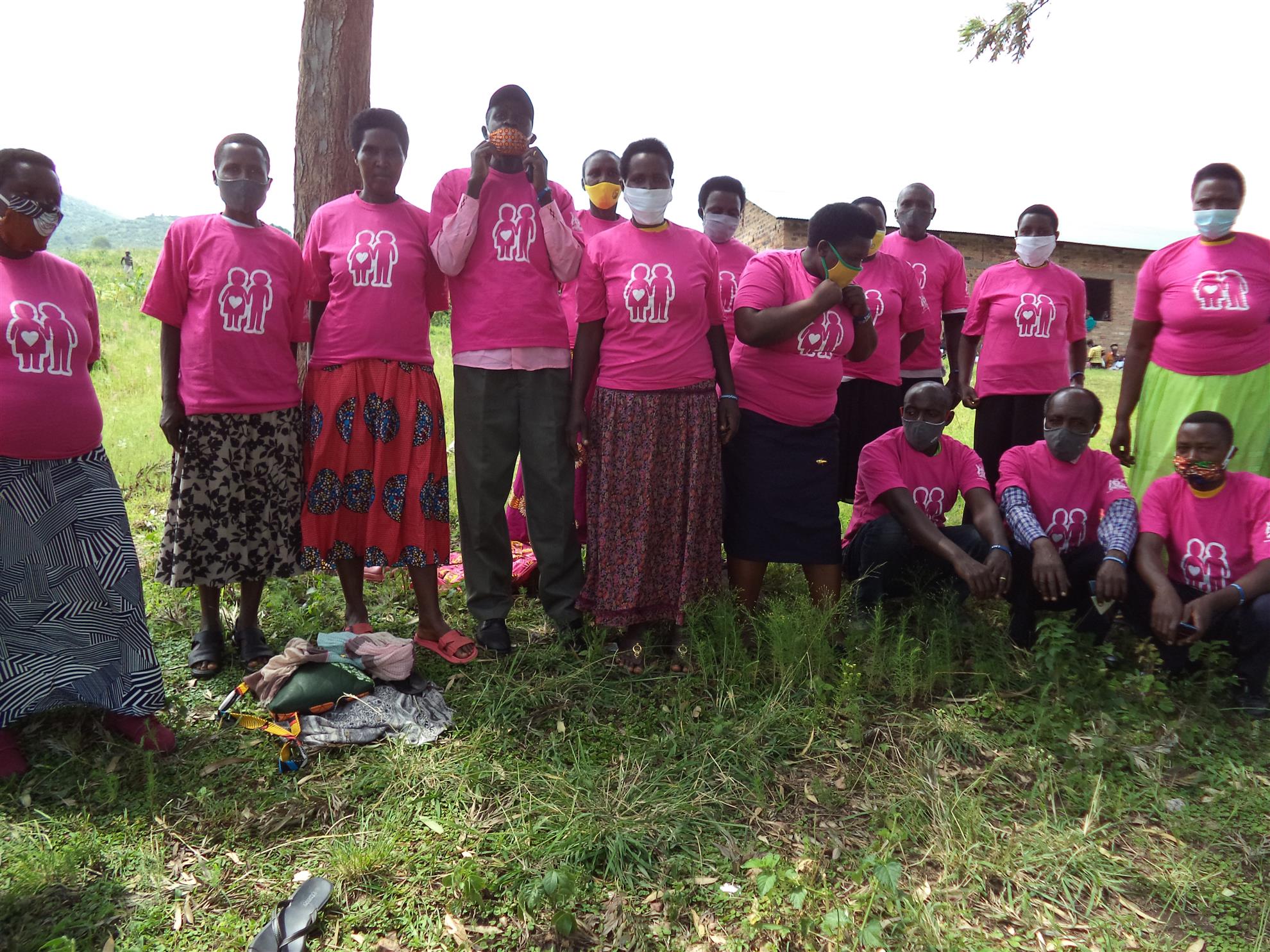Rushooka Maternal Health Clinic Update

On June 8th, Dominic Tumsuwigye from the Kampala Kolola RC presented at our weekly meeting, the achievements of the health teams at the Rushooka Maternal Health Clinic since the health centre commenced operations in October of 2020.
The project has been a fabulous success.
Firstly, lives have been saved because mothers with difficult pregnancies were able to access the surgical services at the Centre as opposed to travelling for hours over poor roads to get to the District Hospital.
Secondly, the Centre, which previously was classed as a level # 2 health centre, has been elevated to a level # 4 centre and now qualifies for government operational funding to enable it to continue providing sophisticated medical assistance to the people in its catchment area, including surgeries and diagnostic services previously only available at the District Hospital.
Thirdly, the experience of the Centre to date has demonstrated the great benefit of the new laboratory capability at the Centre. This has led to the ambition to increase the laboratory services at the Centre to improve diagnostic capabilities. This ambition will present us with an opportunity to help with the acquisition of additional laboratory equipment to build that capacity. Our club was the international partner for the last stage of the Rushooka project, which involved the acquisition and installation of medical equipment for the surgery and the laboratory and additional training for the outreach teams at the Centre. Hopefully we will be able to play a similar role as the Centre builds capacity.Fourthly, our partner club, Kampala Kolola RC, now proposes to build on the success of the Rushooka project by replicating this project in eastern Uganda by building the capacity of another level #2 facility to level # 4. Here again is another opportunity for our club to assist.
Fifthly, the outreach efforts by the Centre to deliver medical service to the mothers in the surrounding villages have been increased and become more effective.
Sixthly, the success of the Rushooka project to date and the opportunities for further developing capabilities at Rushooka and replicating this success elsewhere in Uganda, would not have been possible without Rotary’s international network of support. The opportunities for Rotary clubs and Districts throughout the Rotary world to activate this network to build on the success at Rushooka are obvious.
Here are the relevant data to the end of May, 2021
As of May 31, 2021 there have been a total of 133 babies delivered at the clinic. Of these births, 60 have been by Caesarean section and 73 have been by vaginal birth. The clinic also provides gynaecologic services, screening for cervical cancer, hysterectomies, repair of vaginal tears, removal of cysts/lumps/tumours, etc for biopsy. A significant number of mothers attend the clinic after undergoing home based abortions. On many occasions, the abortions have been incomplete and the clinic has assisted with evacuations and proper treantment.
The clinic also offers outreach services to the 31 villages, and one town in the surrounding subdistrict. Every month 7 outreach operations by clinic staff including midwives, clinicians and laboratory staff are conducted. There have been 56 such outreach efforts as of the end of May 2021 including 395 first antenatal visits with expectant mothers, 1745 additional visits with expectant mothers on their 2nd, 3rd, 4th or more follow up attendances for a total of 2140 visits. A total of 18 expectant mothers have been identified as HIV positive. In addition to assisting expectant moms, the outreach efforts include laboratory examinations (HIV, full blood counts, blood groups, syphilis, urine analysis, etc); provide ferrous suphate/folic acid refills, deliver malaria prevention efforts, and provide deworming and post natal care and immunization. Post birth follow up efforts with Moms and their new borns have been greatly increased through the expansion of the outreach program. Village Health teams (85 individuals in total) are embedded in the surrounding villages and town and assist in the mobilization of their communities to deliver health services.

